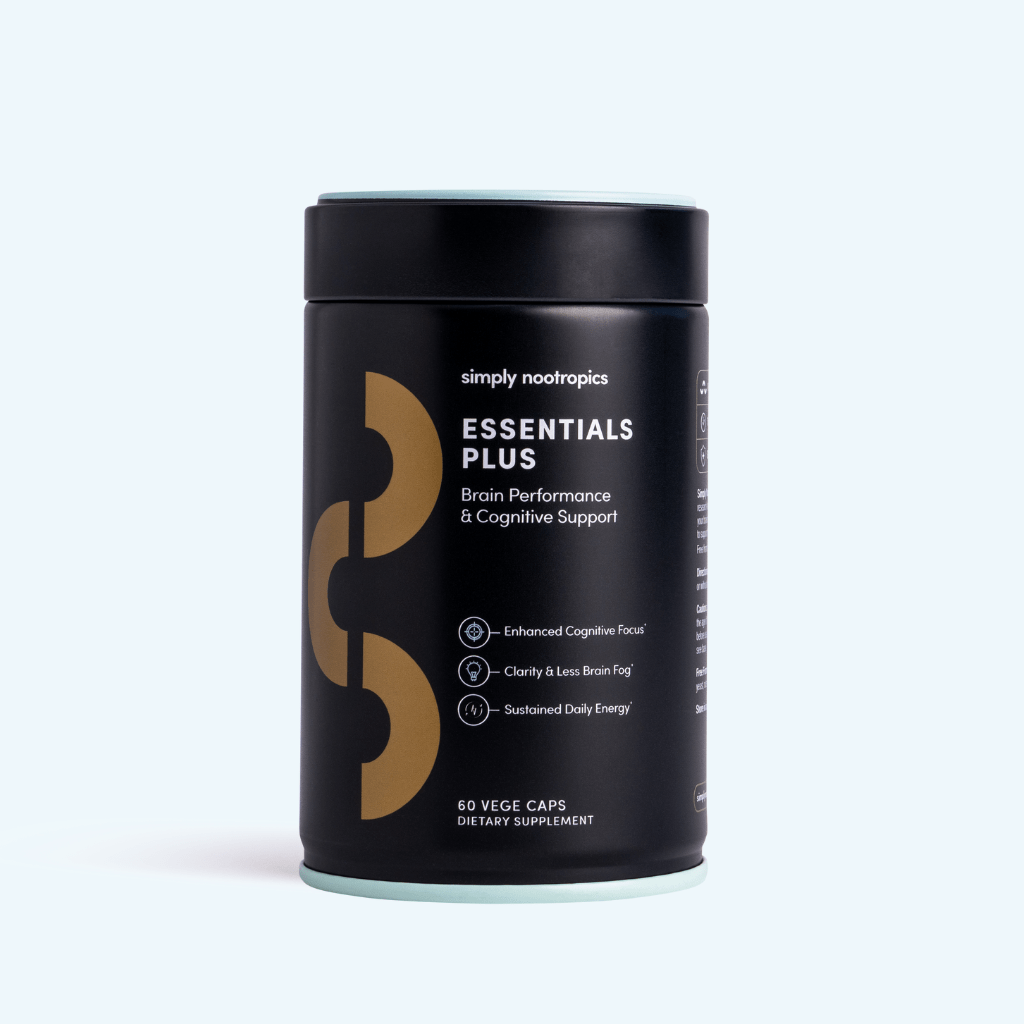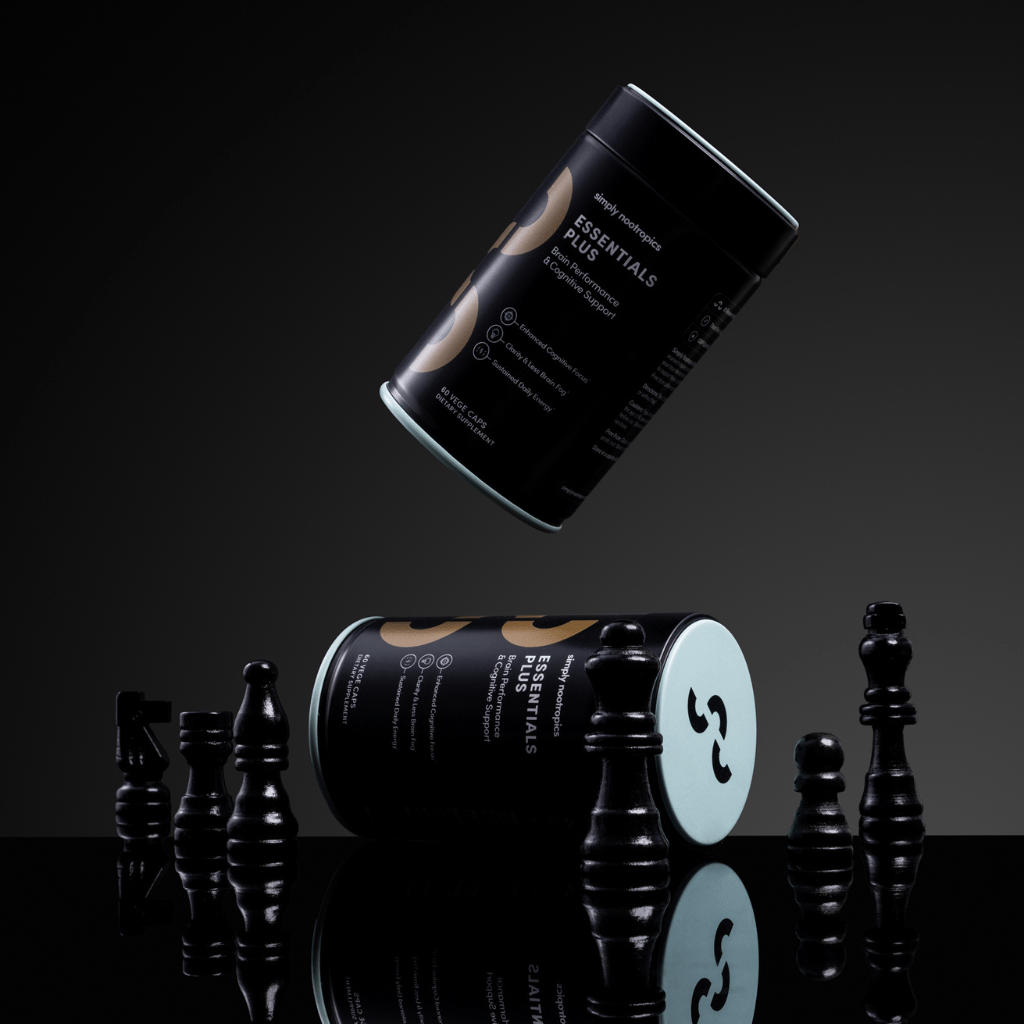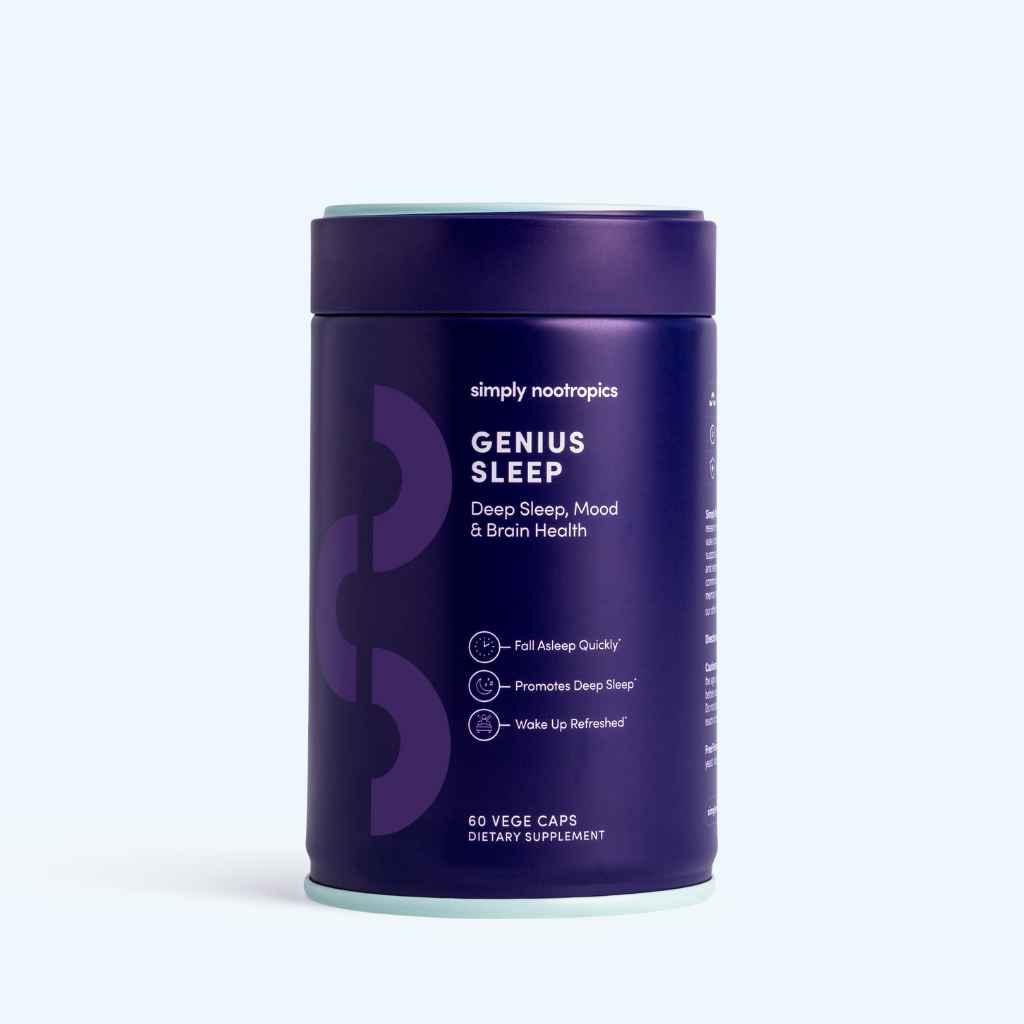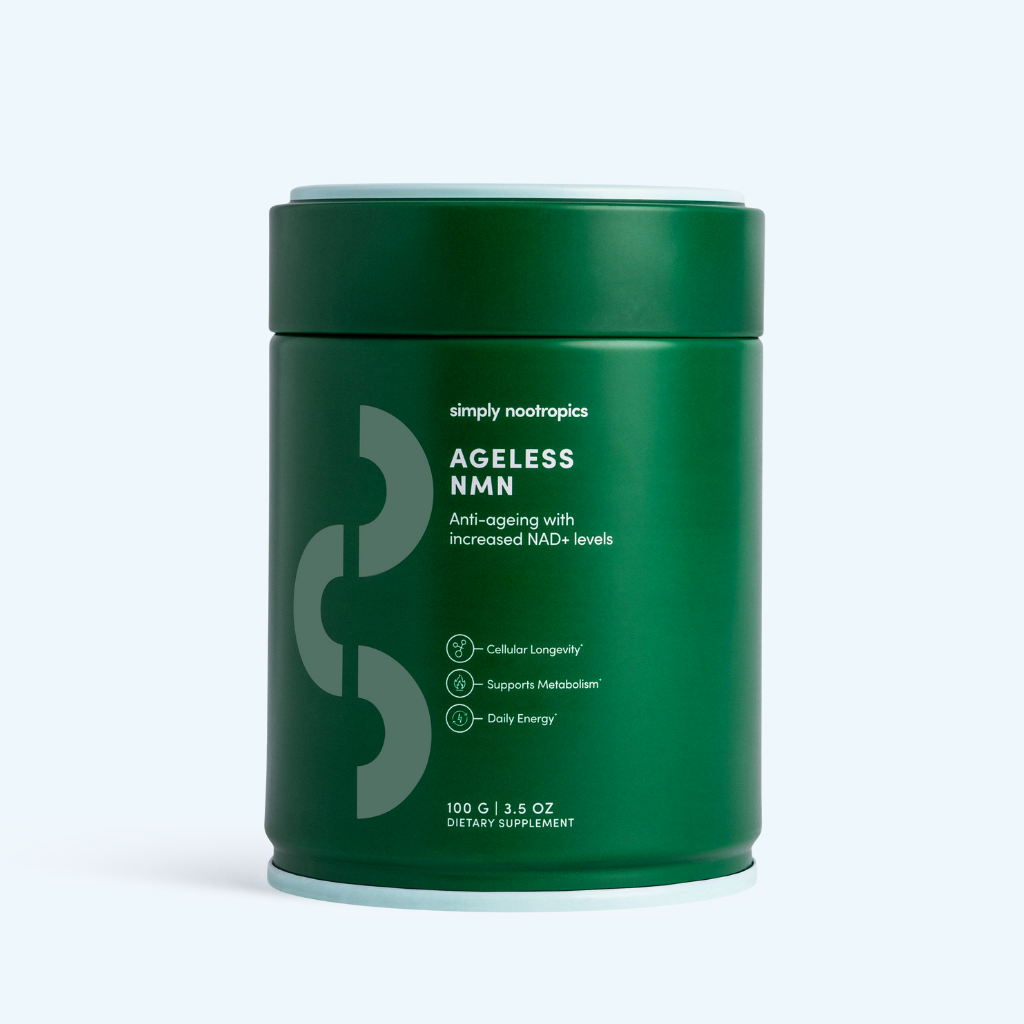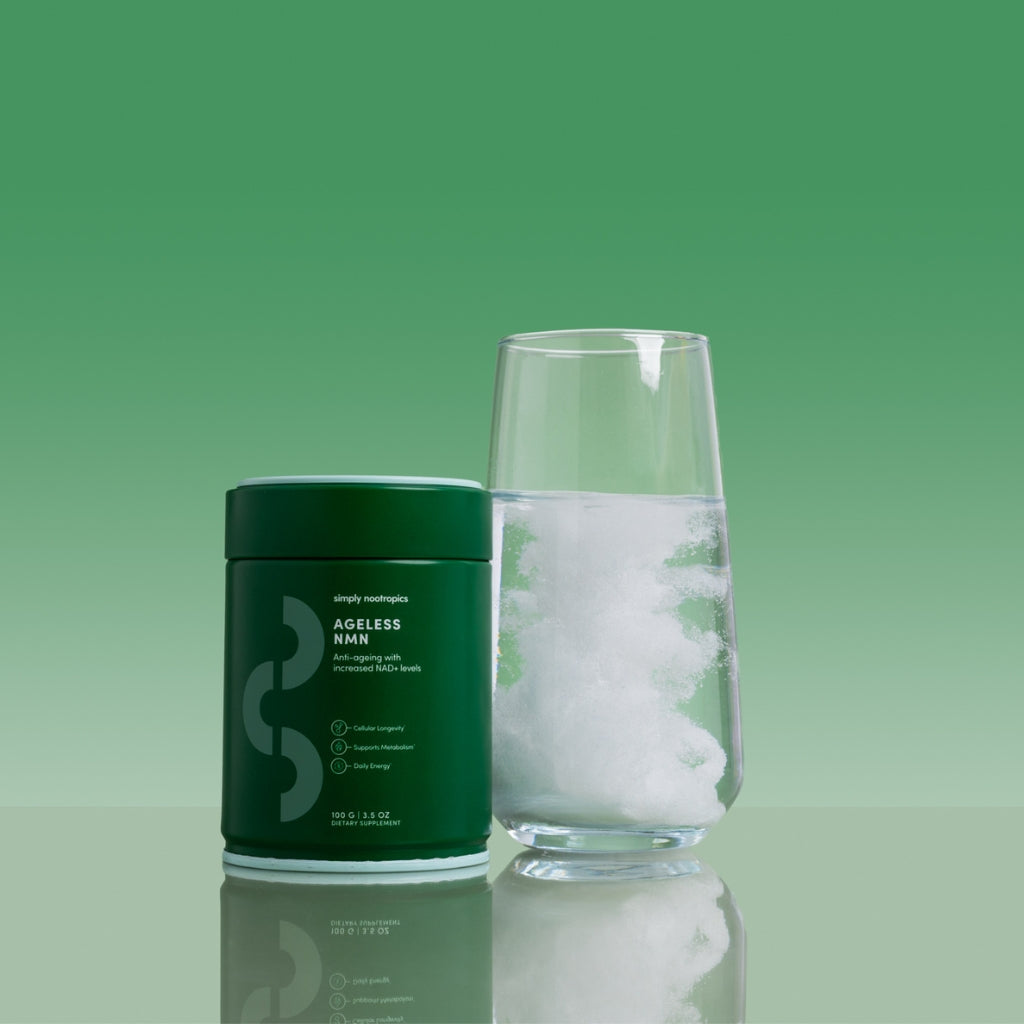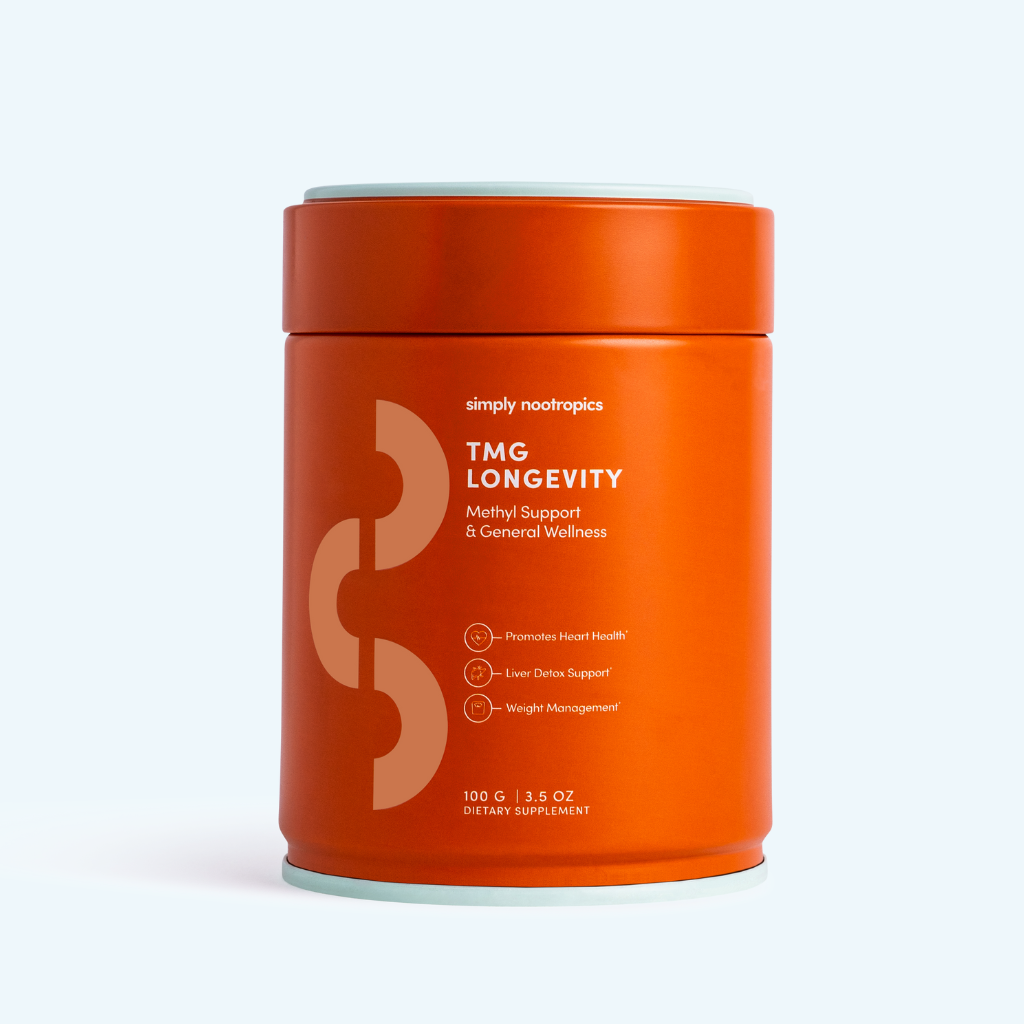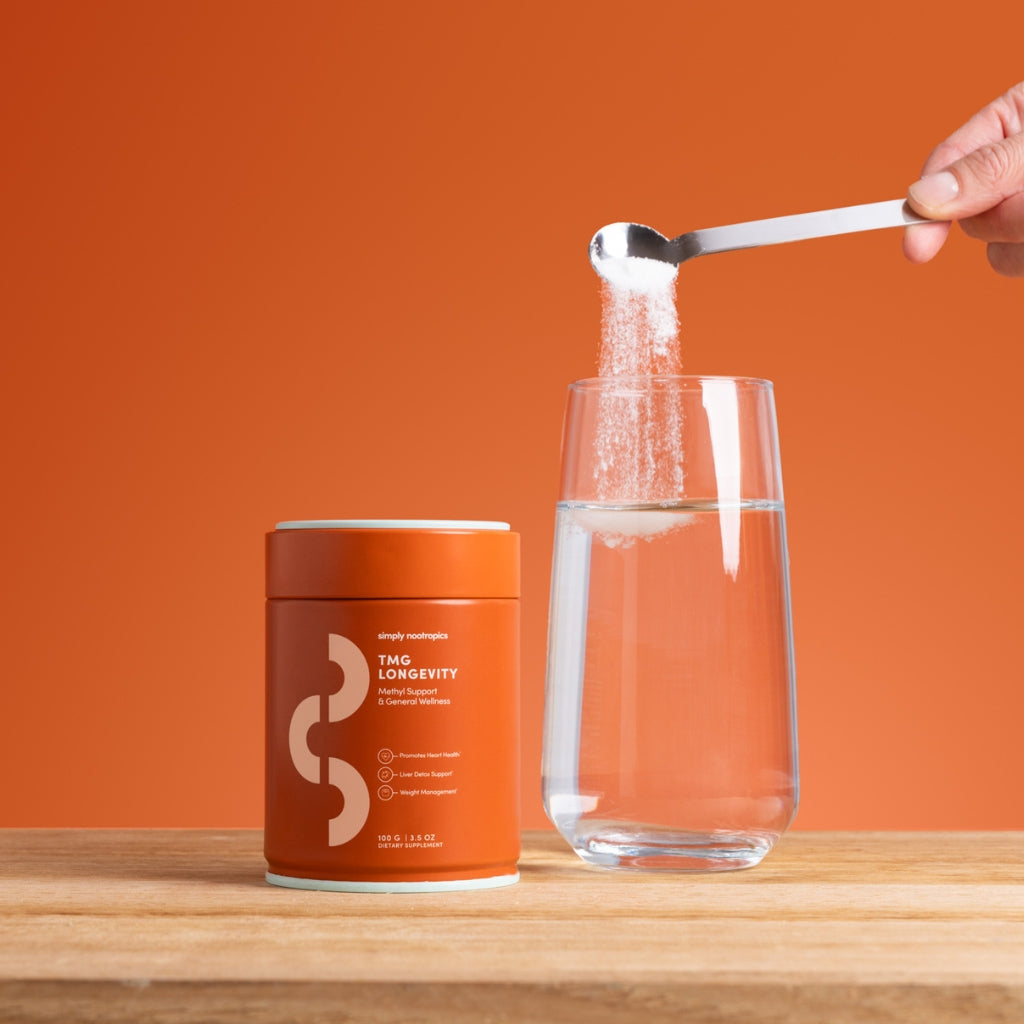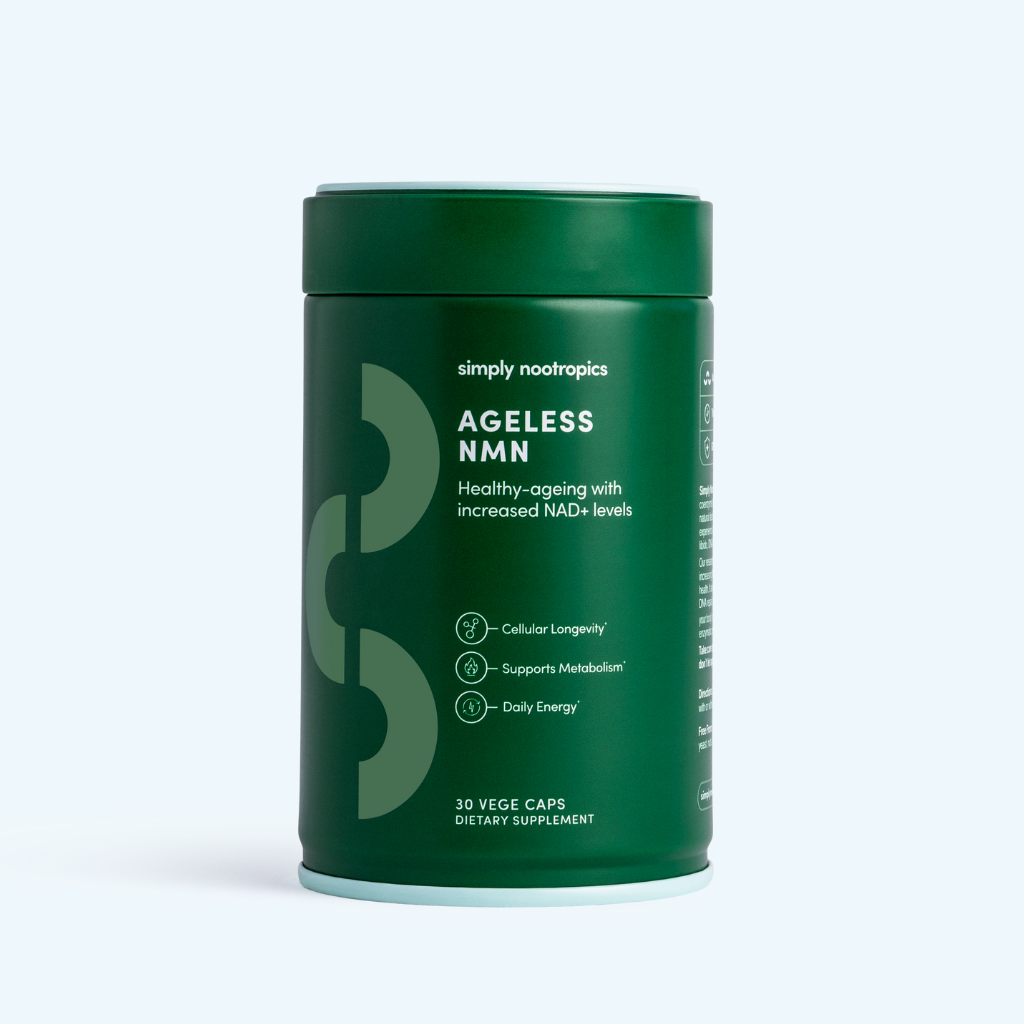Who doesn’t love a good nap? It can be a quick snooze on the couch or a proper afternoon siesta, any type of napping is one of life’s simple pleasures. But did you know that napping can be strategically used to achieve different goals? The length and timing of your nap can make all the difference and still bring you several health benefits.
Contrary to popular belief, napping doesn’t necessarily disrupt your sleep cycle and can actually be very beneficial for both your body and brain. Remember: nap smart not hard. Let’s discover how you can optimise your naps for maximum benefits.
The Power Nap: 10-20 Minutes
If you’re feeling a little sluggish after lunch, a quick 10-20 minute power nap can be just what you need. This short nap is designed to keep you in the lighter stages of non-rapid eye movement (NREM) sleep, avoiding the deeper stages that can leave you feeling groggy.
A power nap is perfect for boosting alertness and performance without the risk of sleep inertia, that heavy, disoriented feeling you get when waking up from a deep sleep.
30 Minutes for Improved Memory and Creativity
Need to remember a lot of information for an exam or a big presentation? Try a 30-minute nap. While you might experience a bit of sleep inertia when you wake up, the benefits for your memory and creativity can be worth it. During this nap length, your brain starts to enter the deeper stages of NREM sleep, which are important for memory consolidation.
Research shows that a 30-minute nap can enhance your ability to remember information and improve your creative problem-solving skills. So next time you’re studying or working on a creative project, take a half-hour nap to give your brain a boost.
The Classic Siesta: 60 Minutes
The 60-minute nap is a classic for a reason. This longer nap allows you to enter the deeper stages of NREM sleep, including slow-wave sleep (SWS), which is essential for memory consolidation and cognitive function. Slow-wave sleep is the most restorative phase, during which the brain processes and stores new information, repairs tissues, and strengthens neural connections. By reaching this deep sleep stage, you can improve your mental clarity, problem-solving abilities, and overall cognitive health.
A 60-minute nap can help you feel more refreshed and mentally sharp, making it ideal for days when you need to perform at your best.
90 Minutes for Emotional and Physical Restoration
For the ultimate nap, go for a full 90-minute sleep cycle. This nap length allows you to go through all the stages of sleep, including NREM and rapid eye movement (REM) sleep. REM sleep is particularly important for emotional regulation and physical restoration. During REM sleep, the brain processes emotions, consolidates emotional memories, and reduces the intensity of emotional experiences, helping you manage stress and maintain emotional stability. Plus, REM sleep supports physical restoration by promoting cellular repair, muscle growth, and overall healing.
A 90-minute nap can improve your mood, reduce stress, and enhance your creativity. It’s like giving your body and mind a mini-vacation. Plus, waking up after a full sleep cycle reduces the chances of experiencing sleep inertia, so you’ll wake up feeling more refreshed and ready to take on the world.
Timing Your Nap for Maximum Benefits
Now that we’ve covered the different nap lengths, let’s talk about timing. The best time to nap depends on your individual schedule and natural sleep patterns, but there are some general guidelines to follow.
For most people, the ideal time to nap is in the early afternoon, between 1:00 PM and 3:00 PM. This is when your body experiences a natural dip in energy levels, making it easier to fall asleep. Napping too late in the day can interfere with your night-time sleep, so it’s best to avoid naps after 4:00 PM.
Tips for Napping
- Create a Sleep-Conducive Environment: Find a quiet, dark, and comfortable place to nap. Use earplugs, an eye mask, or white noise if necessary.
- Set an Alarm: To avoid oversleeping, set an alarm for the desired nap length to make sure you wake up at the right time to achieve your goal.
- Relax Before Napping: Take a few minutes to unwind before you nap. Practise deep breathing, meditation, or gentle stretching to calm your mind and body.
- Stay Consistent: If possible, try to nap at the same time each day. This helps regulate your body’s internal clock and improves the quality of your naps.
- Try Supplements: Consider using good quality sleep supplements to enhance your overall sleep quality. For example, Simply Nootropics Sleep is designed to help you fall asleep faster, stay asleep longer, and wake up feeling refreshed, making sure you get the most out of both your naps and night-time sleep.
Napping isn’t just a quick fix for tiredness; it’s also an important part of a healthy lifestyle, because regular napping can reduce stress, improve cardiovascular health, and enhance immune function. It’s a simple and effective way to take care of your body and mind, and also a sign of self-love. So don’t feel guilty about a short nap, and remember: nap smart, not hard, thanks to a good routine and some sleep supplements.

